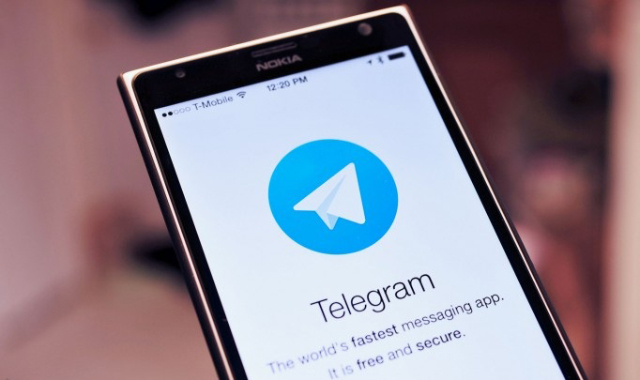Telegram Denies Claims by Iranian Government that it Has Servers in Iran
The popular instant messaging service Telegram has dismissed claims by Iranian officials that a third of the data from its Iranian users is processed by servers based in Iran, saying such statements were “100 percent” wrong.
The claim was made by Mohammad Hassan Entezari, Secretary of Iran’s Supreme Cyberspace Council, the country’s highest Internet policy-making body, who was quoted on September 6, 2015, by the Mehr News Agency as saying that “30 percent of the data from Telegram’s 13 million users was hosted inside Iran.”
@Ammir This is 100% #bullshit. — Telegram Messenger (@telegram) September 16, 2015
The Iranian official’s assertion quickly prompted a flood of questions on social media networks, since basing any of Telegram’s servers inside Iran would allow government access to content flowing across those servers and thus compromise the privacy and security of those accounts. Responding to the outpouring of questions from Iranians on its official Twitter account, Telegram responded that “all Telegram data for Iranian users is (and will be) hosted in Amsterdam.”
@Omid_M All Telegram data for Iranian users is (and will be) hosted in Amsterdam. — Telegram Messenger (@telegram) September 16, 2015
The German-based Telegram sought to assure Iranian users that it had no servers in Iran nor plans to place them there in the future, given the reputational cost such a move would have; state access to accounts can have catastrophic ramifications for users in countries such as Iran where people are sentenced to long prison terms for online content with which the state disapproves.
Nevertheless, Telegram has not yet responded to questions about a letter Mahmoud Khosravi, Iran’s Deputy Minister of Communications and the CEO of the Telecommunications Infrastructure Company, said he sent the company. On July 1, 2015, Khosravi told the Tasnim News Agency that Iranian officials had asked Telegram to hold talks with the government “to resolve this network’s issues” in Iran. “We sent Telegram a letter and told them that ‘your network has issues in Iran. Let’s sit down and talk’,” Khosravi was quoted as saying.
Telegram users in Iran subsequently experienced limits on their ability to communicate, including a block on the use of automated “bots” for sending and receiving private or group messages.
Over the past two years, Telegram’s popularity among Iranians, especially among civil and political activists, has been attributed to its secure environment. This security would be compromised if the Iranian government is able to convince Telegram to cooperate in controlling data traffic.
The International Campaign for Human Rights in Iran calls on Telegram, and all technology firms who may operate in Iran following the end of U.S. and EU sanctions, to assure Iranians that they will not share their user data with any Iranian state organizations, including police and security agencies, or agree to any moves that would compromise the potential privacy and security of accounts. The Campaign urges these companies to inform the public about any negotiations or agreements with Iranian authorities in a fully transparent manner.
@sallar Of course to all of these, but Telegram has been opaque about coordination, this was not believable. @Omid_M pic.twitter.com/gOrDm52in9
— Collin Anderson (@CDA) September 16, 2015







